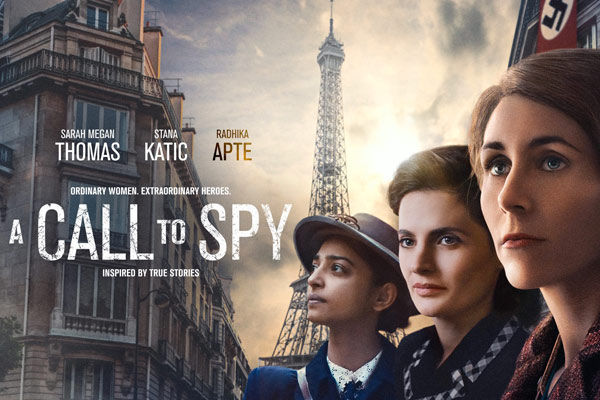
A Call to Spy, releasing this week, is a movie about three Special Operations Executive (SOE) women agents in WW 2 who were initially selected to spy behind enemy lines because they easily passed through Nazi checkpoints. By using cultural mores of the time, these women, like their resistance sisters, made inroads where male spies could not. Their role as an agent was invisible to the enemy due to the stereotypic belief that women were fragile, needed to be protected and more.
The Invisible Women Podcast investigates how these women gained significant access to the enemy through European societal mores and the invisible lenses that aided women’s spy craft. While currently society is celebrating these heroic women through film, the understory of why these beliefs exist in western culture is just as fascinating. And, the reasons to explore are crucial as they still very much affect us today. For instance, Elizabeth Debicki, who acts in the espionage thriller, Tenet, comments on the historical marginalisation of women’s roles and the need to create evolving story lines for women: “I do think that we are pushing through the marginalisation and these stereotypes, which are the kind of in-built limitations of women within that genre. So often, women are adjunct and kind of objectified and idealised into non-existence.” I will be discussing women through the lenses of spy craft, propaganda and projection in the next few episodes of Invisible Women. Please join me this week for episode 2, Women and Spy Craft releasing Dec. 11. 20.
Millenniumpost Article on Tenet
Time article on A Call to Spy
Sofrep article on A Call to Spy

 Petition to Admit Women
Petition to Admit Women
Leave a Reply